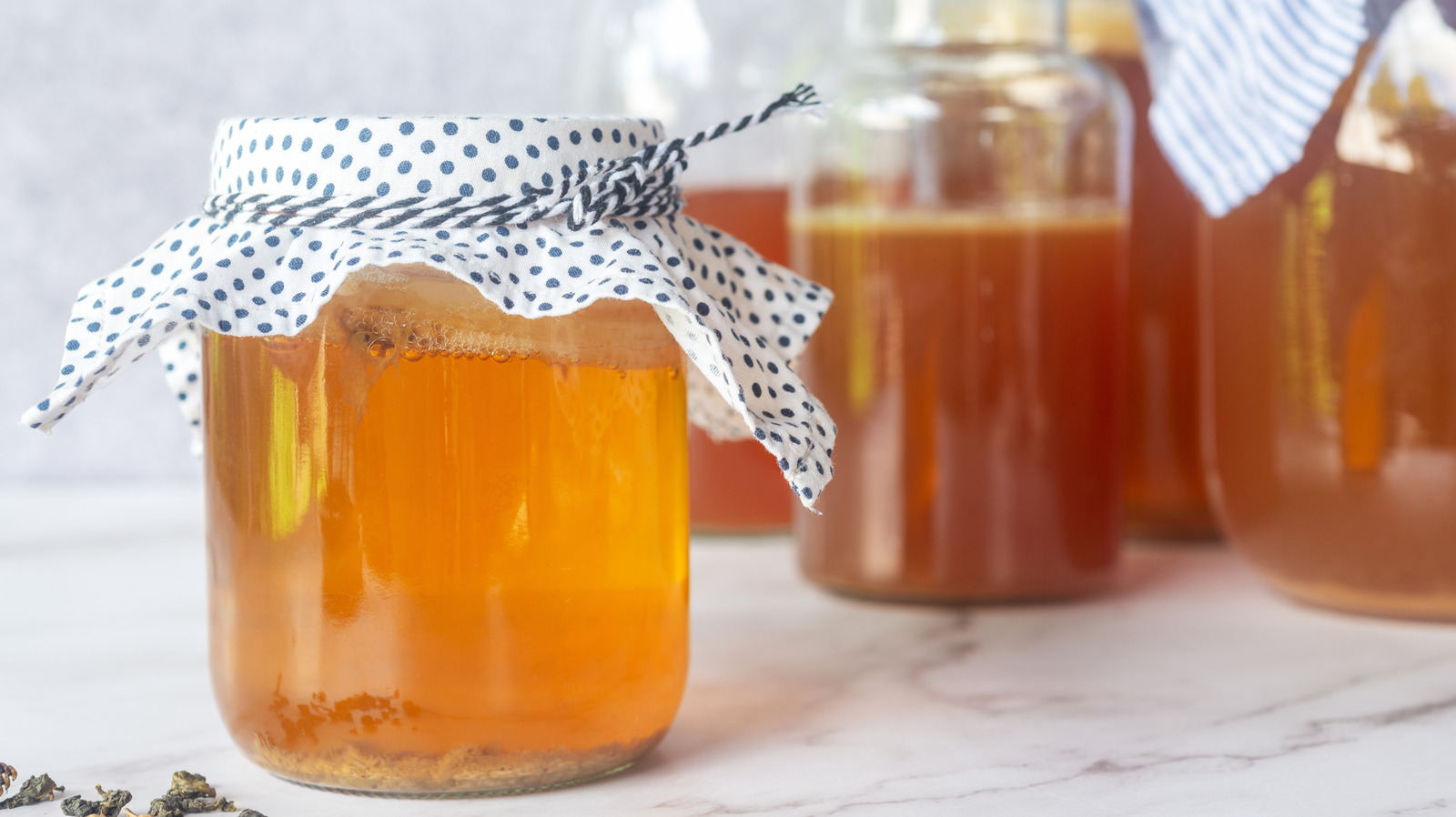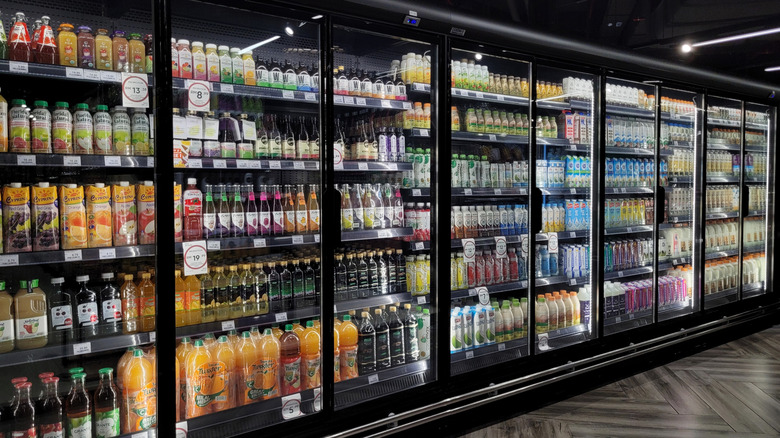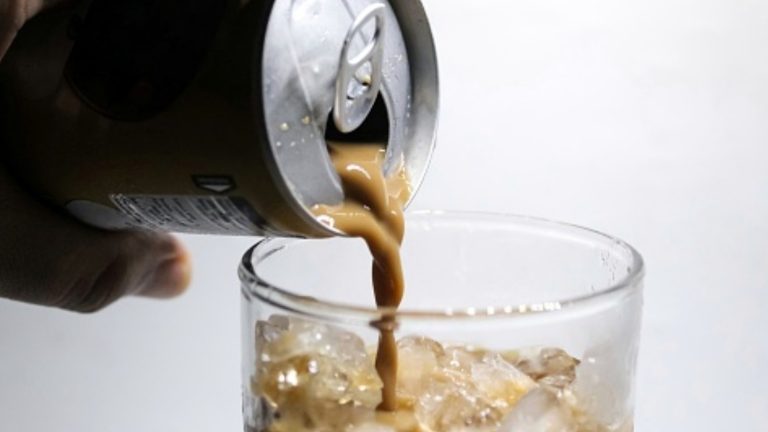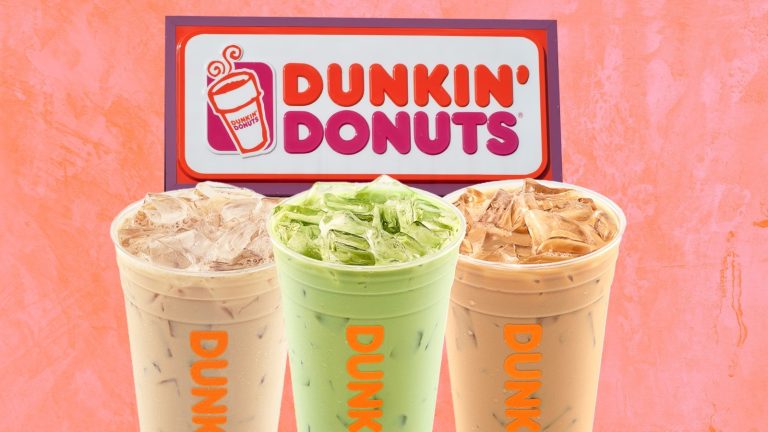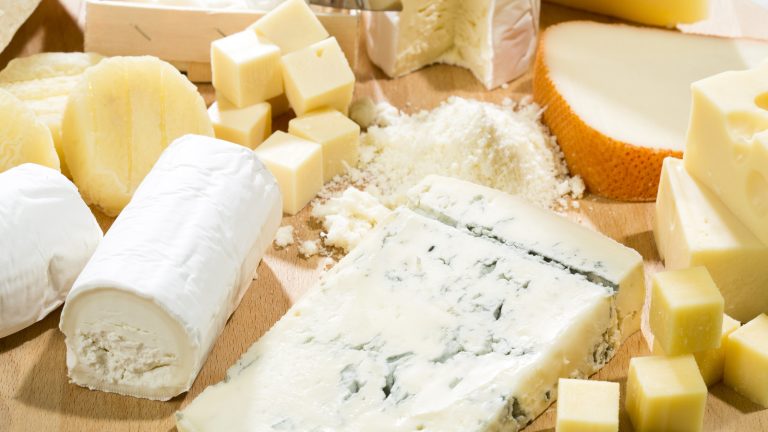At its core, kombucha is flavored, fermented tea — the best of which begins with a base of black or green tea, or a combination of the two. This, in turn, means that along with all the health benefits of drinking kombucha, it is also naturally caffeinated. But exactly how caffeinated is it? While the answer to that question depends on the brand, the reality is that most kombuchas have very minimal caffeine in them. Despite being made from tea, they tend to average around 15 mg. Compared to an 8-ounce cup of coffee, which can range from anywhere between 95 and 165 mg of caffeine, the caffeine in kombucha will hardly be noticeable, whether you’re a regular coffee drinker or caffeine sensitive.
Knowing kombucha is made from a base of green or black tea — two teas that would normally contain 20 to 47 mg of caffeine per cup on average — one has to wonder why the caffeine in kombucha is so low. Not only does kombucha’s fermentation process give it that tangy, bubbly flavor and gut-healthy probiotics, but it also naturally reduces the caffeine content of the tea itself. The yeast and bacteria literally feed off of it, meaning the longer your kombucha is left to ferment, the less caffeine it will contain. This is something you can easily check by looking at the back of the bottle when you’re at the store or by adjusting your homemade kombucha’s fermentation time and temperature.
Kombucha caffeine by brand
Because kombucha is naturally fermented, it’s also less caffeinated, making it a great option for those looking to cut back on the amount of caffeine they drink during the day. Substituted for your usual morning coffee or tea, you can easily decrease your caffeine intake by as much as a third to half of the amount. Just know that it still isn’t considered safe for those who are pregnant to consume, and it’s not recommended for children, those with liver problems, kidney disease, alcohol dependency, or those living with HIV or otherwise impaired immune systems. If you are drinking it for the caffeine, however, you should bear in mind the caffeine differences between the various brands and flavors you find at the store.
For example, popular kombucha brands like GT’s Synergy Kombucha contain anywhere from 4 to 8 mg of caffeine, depending on the flavor. Health-Aide, another popular kombucha brand, contains about 8 to 15 mg of caffeine per serving. Of course, with an entire bottle accounting for one serving, you can easily halve those numbers if need be. The same thing goes for brands like Kevita Kombucha, which offers a special Master Brew variety that averages about 68 mg of caffeine per 15-ounce serving; Better Booch, which contains around three to 10 grams per serving depending on the flavor; and Humm Kombucha, which offers 14 mg in an 8-ounce serving. So, while still far less than a cup of coffee, the caffeine content is something to be cognizant of when drinking kombucha.


